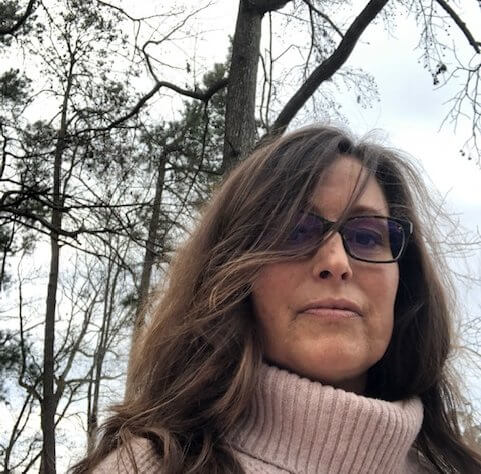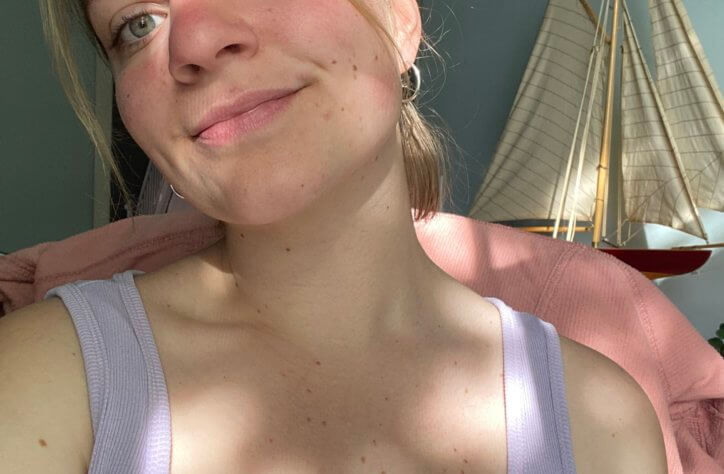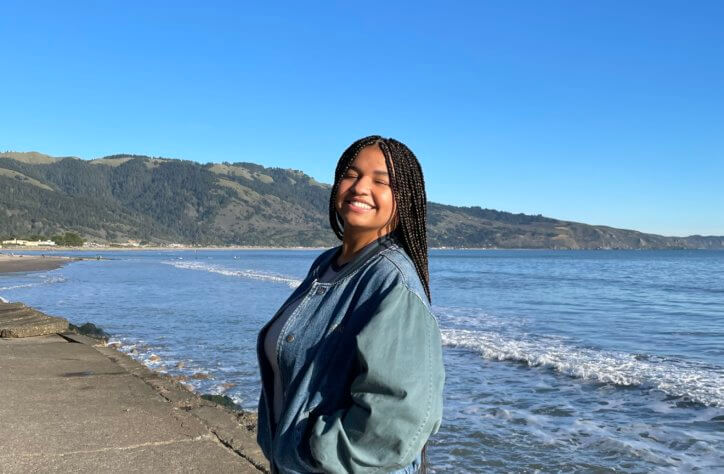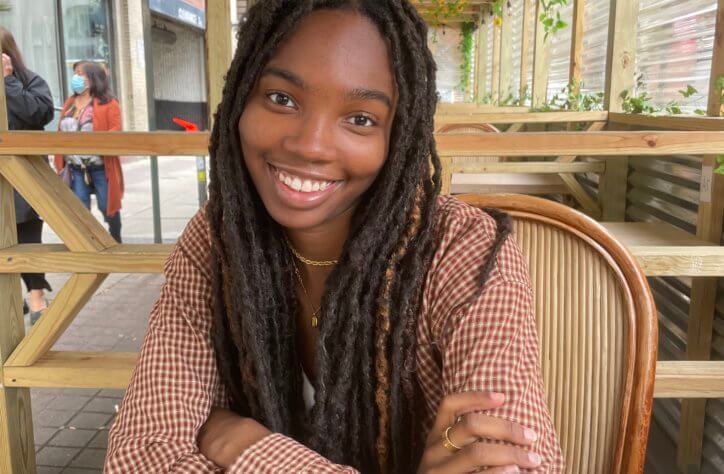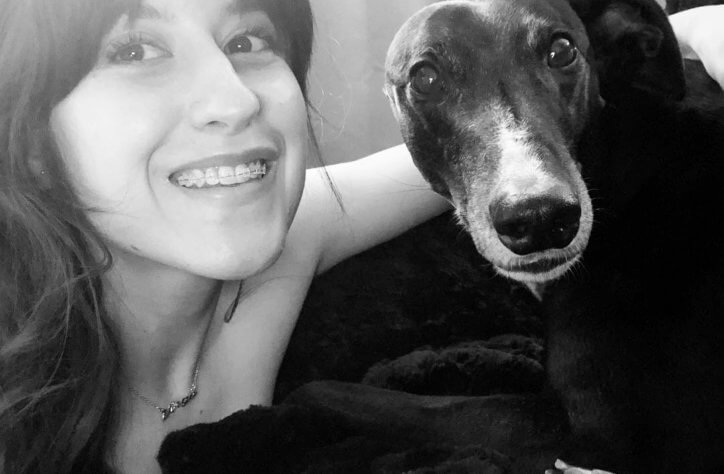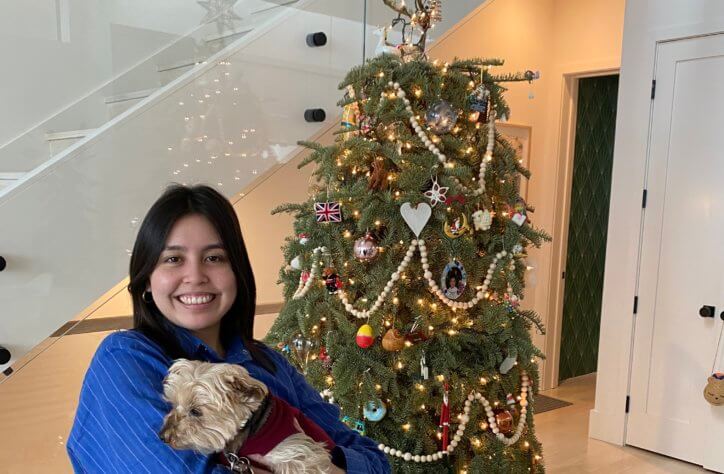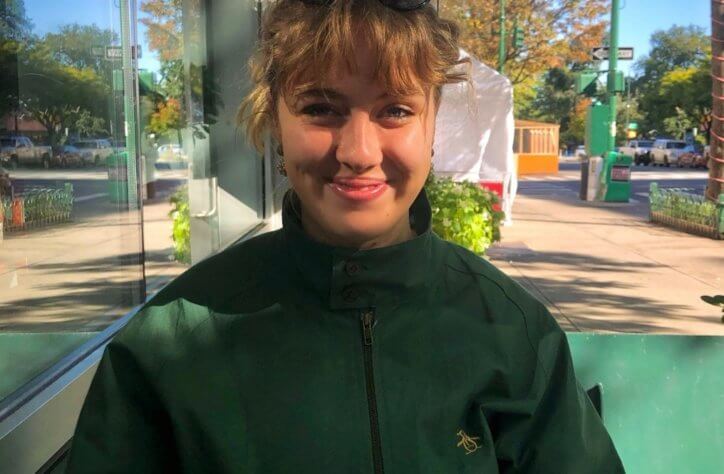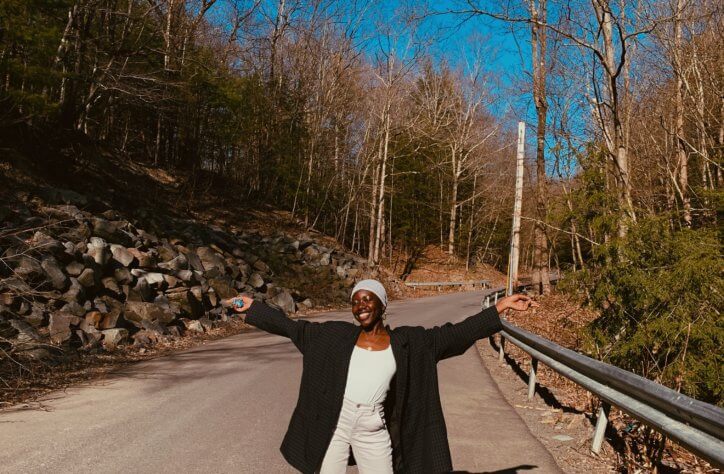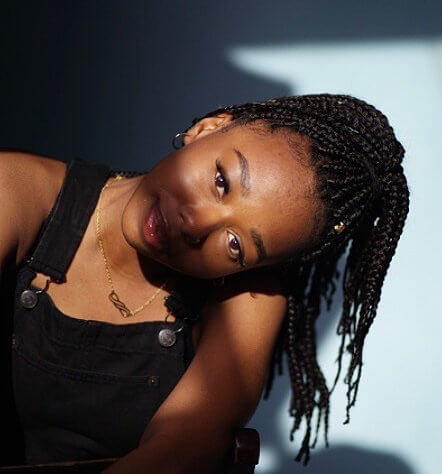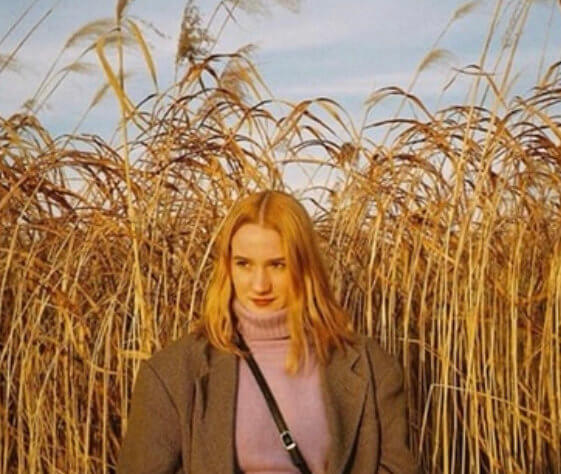When my dad died in October 2019 I felt as if I had been cut out of the world and placed somewhere remote and unrecognisable. Friends would reach out, approaching the distance between us and say things like, “I can imagine how you might be feeling”. They would pass in and out of my grief, briefly imagining something that was not their reality, their presence flickering like transitory holograms. And similarly, though I was still functioning in their world, I could not exist. There was no way to “earth my heart”, as author Denise Riley so aptly put it, in a place where my dad, the roots of my life, had vanished.
His absence felt surreal. It was incomprehensible for me to be here without him and for the world to just continue. His favourite shops carried on serving, though he no longer bartered with them every Saturday. EastEnders continued airing, though he was not berating people for calling him halfway through. I was still writing songs, though there was no one to tell me to repeat the hook a few more times. Life continued in its dislocated way, but it was not something I felt a part of.
I became a stranger to myself. I’d have days where I could not get out of bed, and days where I was inexplicably hyper. I’d drink more. I finally understood the real weight of the words, “I need to take the edge off”. I lost my empathy. Friends’ break ups and money worries could not penetrate the surface of my sadness. Nothing felt as colossal as losing my dad. Walking through cemeteries became wonderfully comforting, instead of eerie. I often found myself looking at gravestones, totting up the years that other people had lived. I spoke to my grandma about this and she said she found herself doing similar calculations. I was not soothed by others dying, but by the communal experience; the idea that others got through this too. When you’re mourning there is a yearning for people to be there with you, though you would never wish the torment of loss on anyone.
When I first heard about Coronavirus and the potential effects it could have on the world, I’m ashamed to admit that initially I did not fear it, instead almost welcoming the idea of life shutting down. The W.H. Auden poem ‘Funeral Blues’ rang out in my mind, “Stop all the clocks, cut off the telephone, prevent the dog from barking with a juicy bone”. Covid-19 felt like a manifestation of these words. This fantasy that when someone you love dies it is so monumental the whole planet grinds to a halt.
Now, as the news escalates, there is a strange synchronicity between me and the world I left behind. My friends are anxious and disbelieving, staring into the unknown. They are suddenly and unexpectedly worried about losing everyone around them. They are concerned about their own health. They feel isolated, not just physically, but from their identity, their work, and their daily rituals. There is no shame now in just learning to ‘breathe’. Jameela Jamil, amongst others, are telling us it’s ok to just ‘be’ because the world is in such a fragile state and everyone is, in some shape or form, struggling to get out of bed. So I have lost the shame of my own incapacity. There is no judgment anymore. If the day rolls away from me I have learnt not to reprimand myself.
As the death toll continues to rise and the enormity of the situation continues to sink in, I am desperately sad for our planet, particularly those most vulnerable in our society. I have been reading articles about the devastation it has caused, over-saturating myself with information in an attempt to grasp and understand our new reality. I am learning to look outside of my grief again, and to empathise with those around me. Perhaps it has sped up my mourning process. Or perhaps it has only delayed it. I know I want this virus to be over, but I wonder what my life will look like – what all our lives will look like – when it is. In my head there is an alternative ‘Roaring 20s’ in which people dance, party and sway in the sunlight, appreciating the simple act of being alive. I hope I am there too. I hope I have learnt that the universe is bigger than my grief and that, as much as I desperately miss my dad, I can come back to the world with everyone else, and we can find our roots again.
